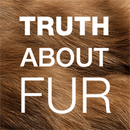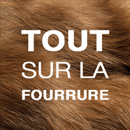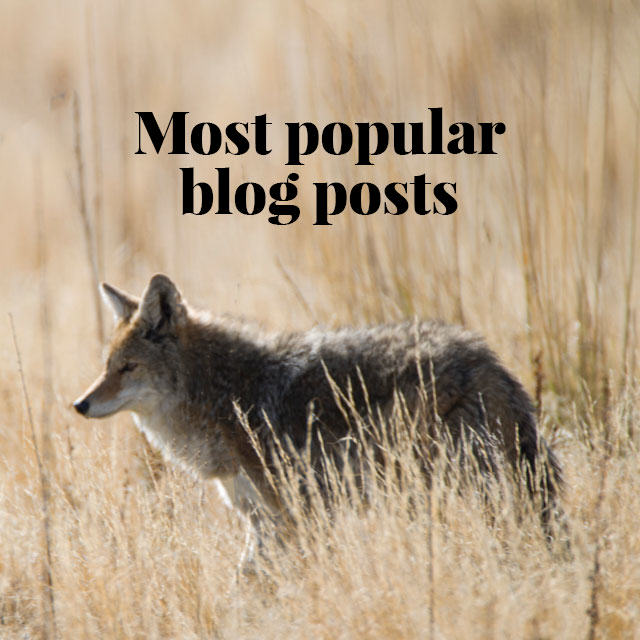A veterinarian answers:
While most people eat meat, some suggest that using animals for other purposes may be less defensible. From an ethical perspective, however, what is important for the animal is that it be raised and, if necessary, slaughtered in a humane way. The environmental impacts should also be considered, because farmed mink and foxes are fed by-products from our food production that would otherwise end up in landfills. And while fur is the main product, mink oil is also valuable for leather preservation, while the carcasses, manure and soiled bedding are composted or used to produce organic fertilizers and even biofuels.
A fur executive answers:
Everyone is entitled to their opinion, but ethics also should include the obligation to respect the right of others to decide for themselves if they choose to wear fur … or to use leather, wool or other animal products. What is important in each case is that the animals be treated responsibly.
In the case of mink, it is also important to know that fur is not the only product. Although fur is the most important product, mink oil is also important (it is considered to be the best conditioner for leather), while the manure is a valuable organic fertilizer. Mink carcasses and soiled bedding (straw) are also composted to produce fertizers. And on the Pacific North-West, fishermen prize mink remains as the best crab bait.
Answer by :
Dr. Dave MacHattie, mink veterinarian
Michael Whelan, Executive Director, Fur Commission USA
Further information










